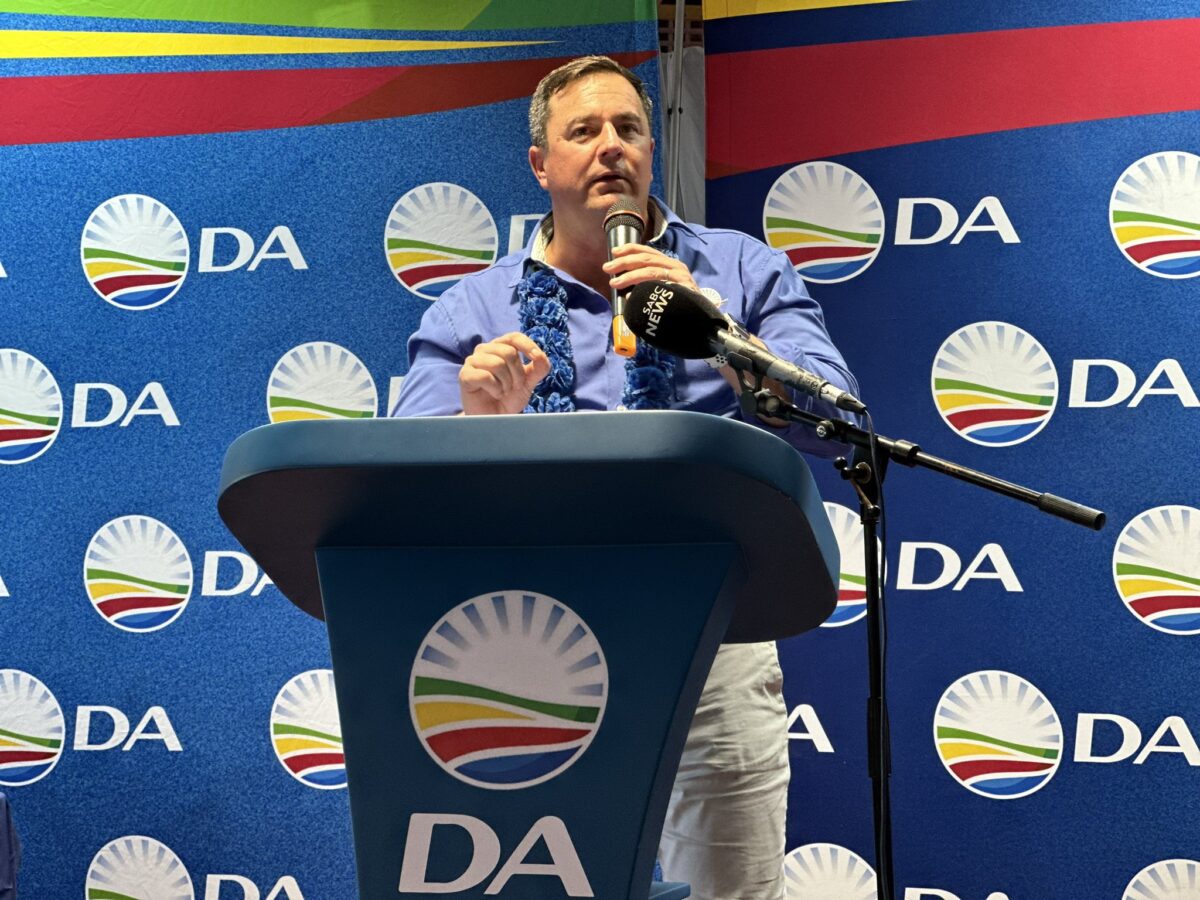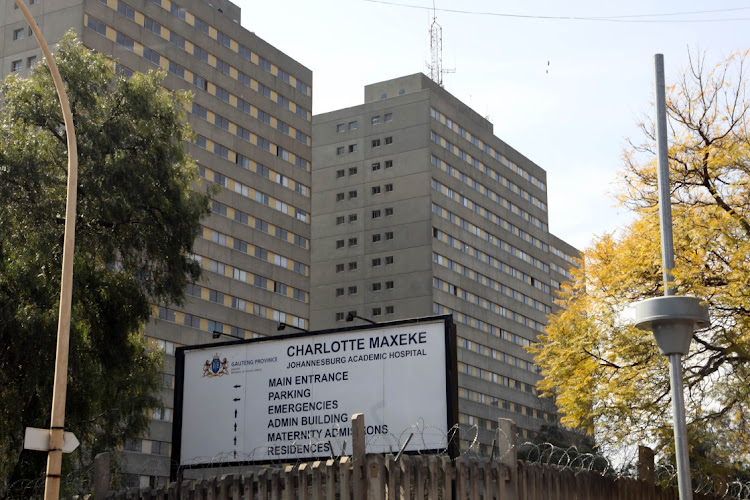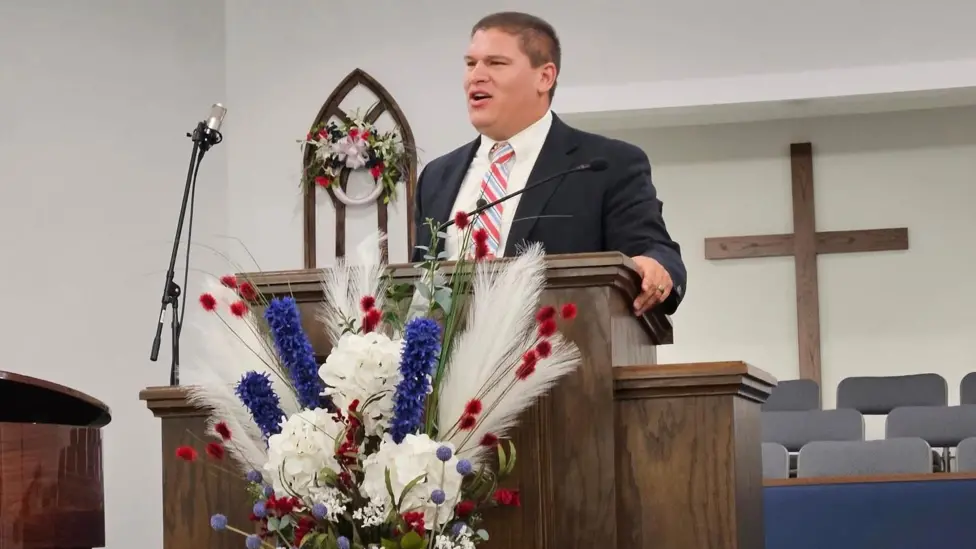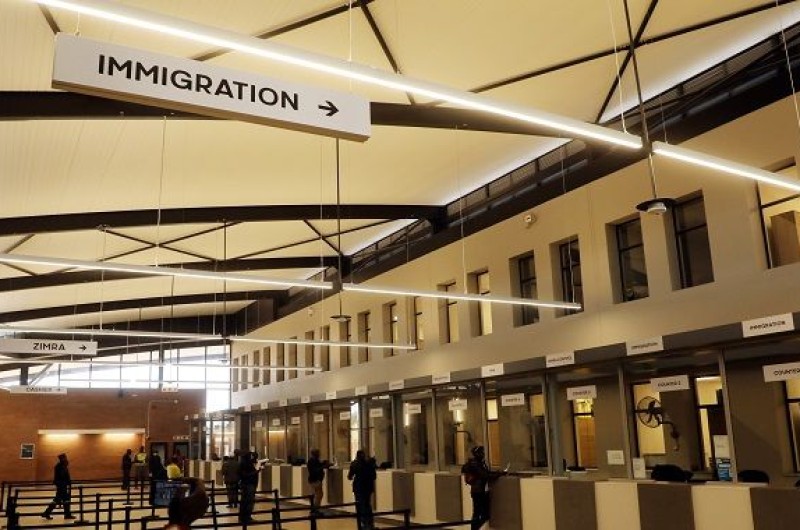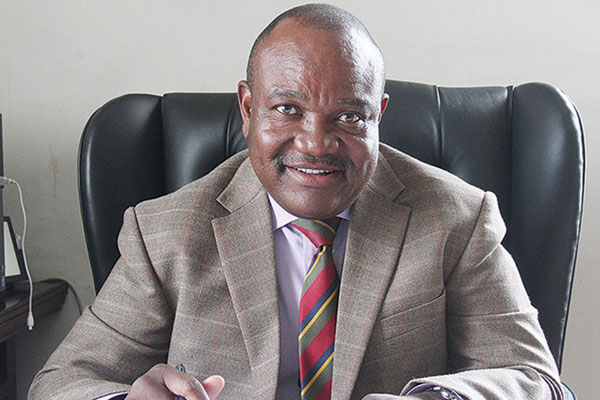JOHANNESBURG, South Africa – The second-biggest party in South Africa’s unity government said on Wednesday that an education bill President Cyril Ramaphosa plans to sign into law this week endangers the coalition deal, the first sign of real friction in the new government.
The Democratic Alliance entered into a coalition with Ramaphosa’s African National Congress and other smaller parties after the ANC lost its parliamentary majority in a May election, despite strong ideological differences between the parties.
The passing of the legislation would violate the agreements and understandings that formed the basis of the government of national unity, DA leader John Steenhuisen said in a statement.
“The DA regards this issue in the most serious light, and I will convey to the President the destructive implications it holds for the future of the GNU,” he said.
Steenhuisen did not spell out what the implications would be. He is due to address journalists in Cape Town on Thursday to outline what he sees as the DA’s role in the unity government.
The disputed bill makes several changes to basic education laws in South Africa. The clause that has caused the most controversy would strengthen government oversight over schools’ language and admission policies, touching on a sensitive debate about racial integration.
The ANC says some children are still excluded from schools based on language, which has been used as a proxy for race, and that the legislation will help prevent that.
The DA has defended the right of school governing bodies to determine their language policies, citing the right to mother-tongue education.
Although the bill does not name any specific language or group, some of its strongest opposition has come from South Africa’s white Afrikaans-speaking community, with interest group AfriForum saying it threatens the survival of Afrikaans schools.
The DA’s statement followed a presidency statement saying that Ramaphosa would sign into law the Basic Education Laws Amendment (BELA) bill on Friday in a ceremony at the Union Buildings, the seat of government in the capital Pretoria.
An ANC spokesperson and Ramaphosa’s spokesperson did not immediately respond to requests for comment.

